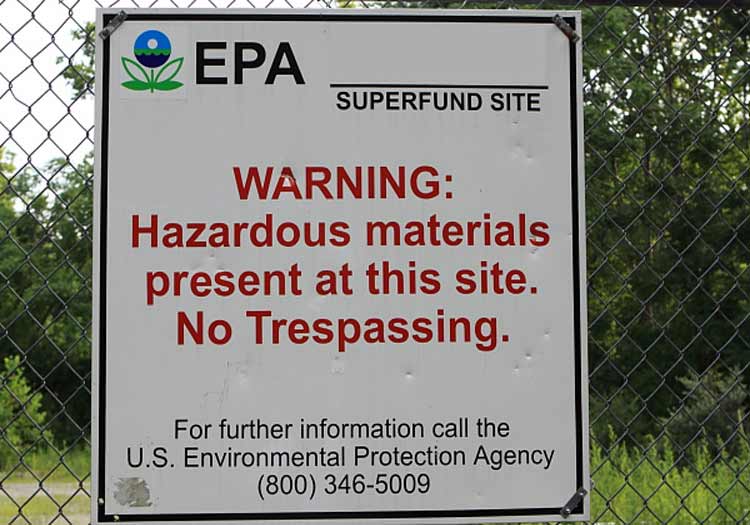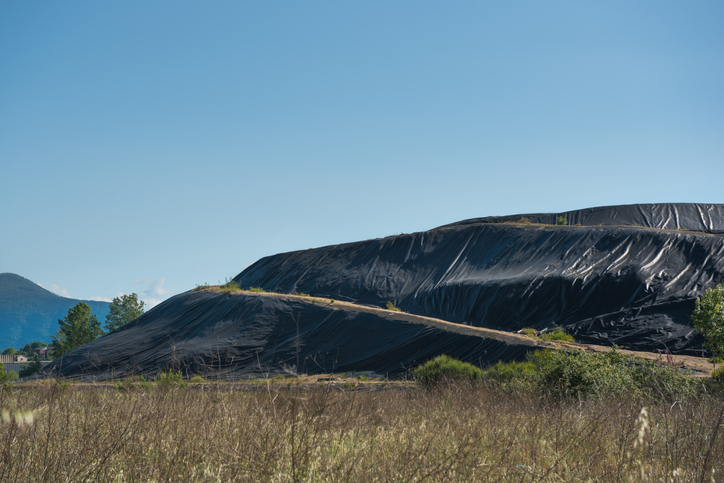As the United States Environmental Protection Agency continues its battle with the state of California over fuel efficiency requirements for new vehicles, a new area of conflict has opened: the state of Colorado.
California is the only state that has a waiver under the federal Clean Air Act to impose its own vehicle fuel standards. States without waivers can approve a separate standard as long as it’s identical to California’s. In June 2018, Colorado Governor John Hickenlooper issued an executive order mandating the state adopt …
Continue Reading









